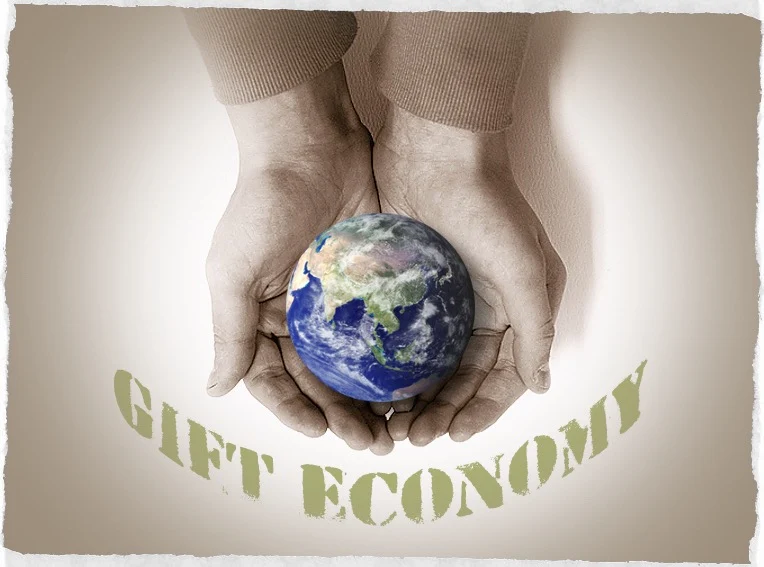It makes the world go round. Newborns fail to thrive without it. And you can't buy it. But you can sell with it. It is love.
In the brave new world of marketing manipulation, advertisers are pushing their crap with sex, as usual, but now they are also exploiting love. Perhaps consumers have caught on to "sex sells" advertising, and aren't consummating as many purchases as when the act was still novel.
Love is the final frontier for getting you to buy more everything.
One of the worst advertisements I have heard recently states that what makes a particular manufacturer's car, is love.
"Really? Love?" I think, "not steel, glass, rubber, lots of plastic, and the energy of thousands of workers along the supply chain?" It makes me want to throw up, or at least throw my hands up, every time I hear it.
Where is the love? In the glove box? Are the tires filled with love? Does it run on love? Are more expensive models made with more love than cheaper models (or are the cheaper ones made with "like").
If there is any love involved in capitalism and marketing, it is the love of money and profit above all else. But they don't say that. It is all about the loving relationship that they manipulate us into through propaganda, lies, deceit, and all that brain chemistry poking and prodding.
What if ads could only give factual information about products, instead of hacking into our emotional treasure chests and subconscious?
The problem advertisers would have with that is their teams of sell-out psychologists, neurologists and brain researchers know that just giving people the facts doesn't work well enough to satisfy the big brands. They know they have to manipulate their victims emotionally in order to maximize profit.
A Canadian brain researcher says, “The essential difference between emotion and reason is that emotion leads to action while reason leads to conclusions.”
The heart is impulsive, while the brain is analytical. Sellers want us to be impulsive. They don't want us using our brains, because they fear that the conclusions we would arrive at are:
1) I don't need that, or
2) I can't afford that, or
3) That product causes great harm to the environment, or
4) so many other conclusions that would lead us to reduce our consumption.
Wrap your brain around that as the consumer frenzy reaches its peak over the next few weeks. Defy the advertisers - use your heart AND your brain when making purchase decisions.
"To buy, or not to buy", is the question they never want us to ask ourselves.


















